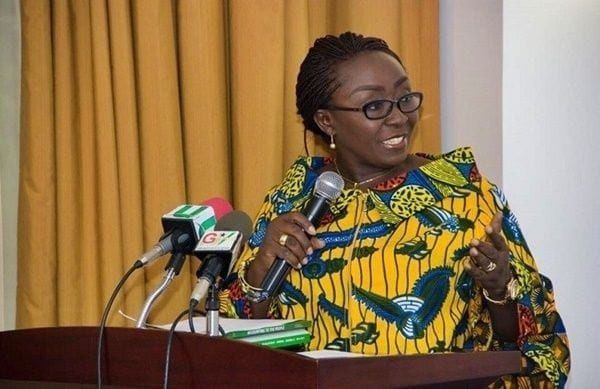Abla Dzifa Gomashie, the Member of Parliament for Ketu South and Minister-Designate for Tourism, Culture, and Creative Arts, has outlined her vision for revitalizing Ghana’s tourism sector, focusing primarily on infrastructure development and addressing tax burdens on hospitality businesses. During her vetting by Parliament’s Appointments Committee, Gomashie emphasized the critical need to enhance infrastructure within the tourism and creative arts sectors, citing its direct correlation with revenue generation for the state. She argued that the current inadequacy of infrastructure is a major impediment to the sector’s growth and hampers its ability to capitalize on both domestic and international tourism opportunities. This lack of adequate infrastructure, she explained, contributes to higher prices and reduces Ghana’s competitiveness in the global tourism market.
Gomashie expressed her commitment to collaborative efforts to address the infrastructure deficit. She intends to engage not only with the Minister for Finance but also with the private sector, both domestically and internationally, to attract investments and partnerships that will bolster infrastructure development. This collaborative approach, she believes, is crucial for securing the necessary resources and expertise to build and upgrade the facilities needed to support a thriving tourism and creative arts ecosystem. Her appeal extends to all stakeholders with the capacity to engage the private sector, underscoring the importance of a collective effort in realizing this infrastructural transformation.
A key concern highlighted by Gomashie is the heavy tax burden placed on hospitality businesses. She acknowledged that this has been a long-standing issue, predating her involvement with the ministry, and one that continues to impact the affordability and competitiveness of Ghana’s tourism offerings. High taxes, she argued, contribute to inflated hotel rates, making Ghana a potentially more expensive destination compared to other countries, even for international hotel chains operating within its borders. This price disparity, driven in part by taxation, poses a significant challenge to attracting tourists and maximizing the sector’s revenue potential.
The Minister-Designate emphasized the significant revenue potential that the tourism sector holds for Ghana, a potential currently hampered by the existing infrastructural and taxation challenges. She reiterated the importance of addressing these issues to unlock the sector’s full economic contribution. Gomashie views the development of adequate infrastructure as a prerequisite for attracting more tourists and generating substantial revenue for the country. By improving facilities and creating a more attractive and competitive tourism environment, Ghana can capitalize on its cultural richness and natural beauty to boost its economy.
Gomashie’s approach to tackling these challenges is rooted in collaborative engagement. She recognizes the need for a multi-pronged strategy involving both public and private sector actors. By working closely with the Ministry of Finance and engaging with private investors, she aims to create a supportive environment that encourages investment in tourism infrastructure. This collaborative approach extends to international partnerships, recognizing the potential for foreign investment and expertise to contribute to Ghana’s tourism development.
In conclusion, Abla Dzifa Gomashie’s vision for the tourism sector centers on addressing critical infrastructural gaps and mitigating the impact of high taxes on hospitality businesses. She believes that by tackling these challenges through collaborative partnerships, Ghana can unlock the vast potential of its tourism sector, generate significant revenue for the state, and create a more competitive and attractive destination for both domestic and international tourists. Her emphasis on public-private partnerships and engagement with international stakeholders reflects a strategic approach to achieving sustainable growth and development within the tourism and creative arts sectors. Her commitment to addressing these long-standing issues highlights her understanding of the critical role these sectors play in Ghana’s economic prosperity.


